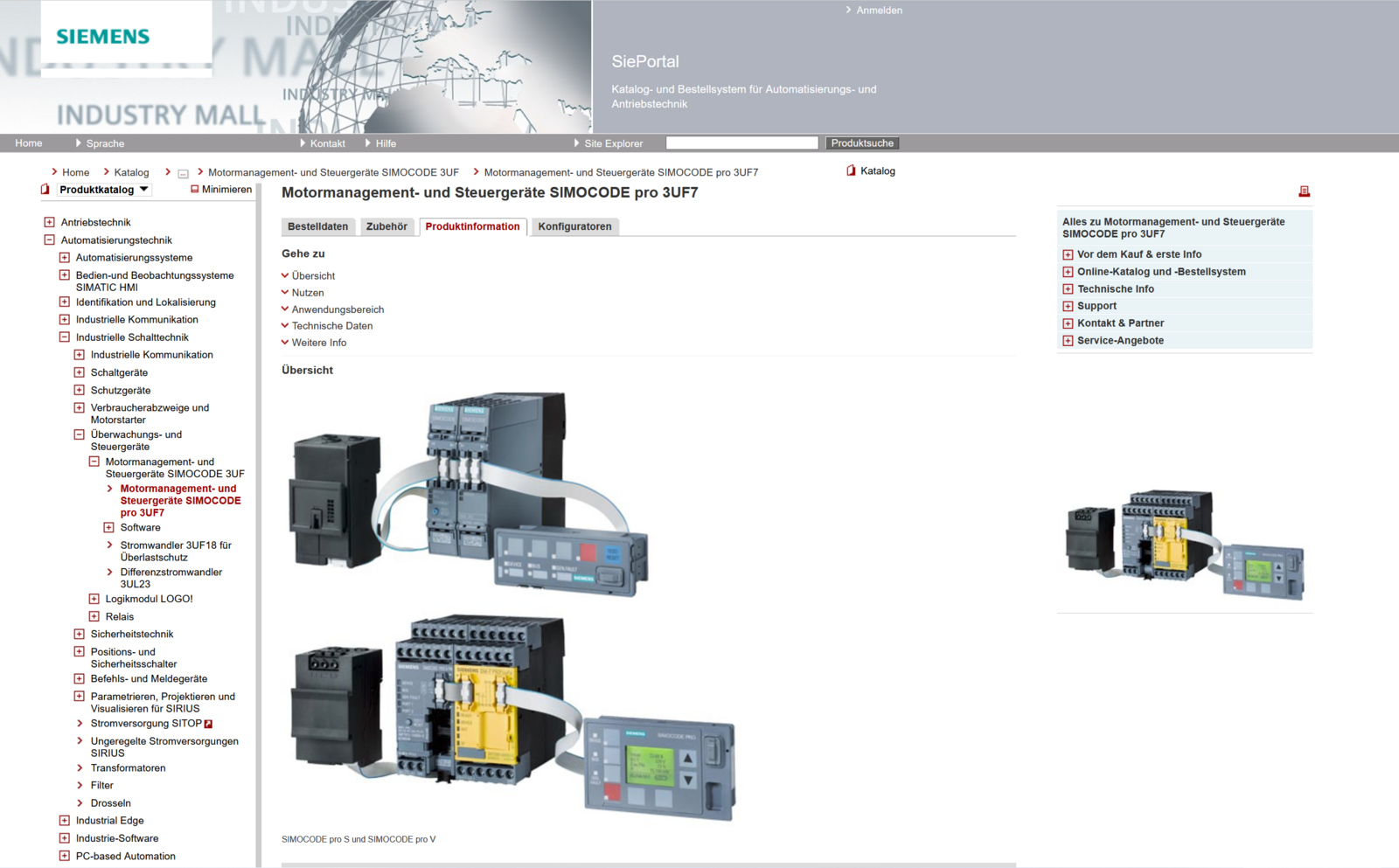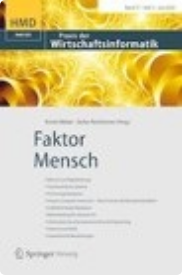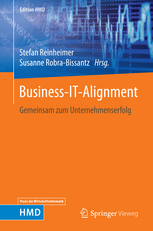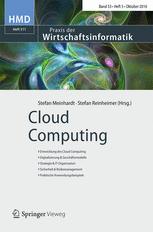How can a semantic network contribute to improving technical documentation?
For a globally operating technology company, the information model for the standardized creation of technical documentation (print, online, offline) is to be made more efficient and pragmatic. The entire information landscape needs to be restructured to better meet customer requirements and ensure that the same information is presented consistently across different publications, both in the original language and in translations.
How can customer orders be processed more efficiently?
Product selectors and product configurators are powerful digital tools.
A product selector is a tool that helps customers choose the right product from a large product family. It assists customers in finding the best product for their needs by offering them a selection of options based on their specific requirements.
A product configurator, on the other hand, is a digital tool that allows for the customization of product specifications tailored to customer needs, whether for quotes, orders, or projects. (The terms configurator and variant configurator are often used interchangeably here.)
When integrated into your company's sales strategy, this channel can generate valuable data on the sales, use, and application of your products.
In the era of Industry 4.0, this data can provide insights for optimizing product design, specifications, and application scenarios.
What does a modern Product Information Management (PIM) system look like?
The information model derives the technical information to be created (manuals, catalogs, training materials, brochures, etc.) directly from customer needs and applies uniform structures wherever possible. This ensures that customers receive precisely the information they require, while allowing the content to be efficiently produced by a team of 400 globally distributed editors. It also minimizes translation costs and turnaround times.
Product Lifecycle Cost Management
Processes and IT solutions for complex calculations
At a large, globally operating mid-sized company, the calculation of complex automotive supply parts was being handled using Excel templates, which no longer met the requirements for flexibility, reliability, and consistency. A new process had to be defined, and the calculation software Facton EPC was then implemented.
Product Data- & Information Management
Deriving technical documentation directly from the product model
For a globally operating technology company, the information model for creating uniform technical information (print, online, offline) is being designed to be more requirements-based, automated, and pragmatic. By using semantic technology, the information needs to be documented are automatically derived from the product model, with some being answered directly from the knowledge graph. The remaining knowledge to be documented is supplemented through interaction with an editorial system. This revolutionary approach has been presented at conferences.
Product Selectors & Configurators
Knowledge-based 3D product configuration
Valuable assembly knowledge for control cabinets and complex room climate solutions, including all Cartesian information, was semantically mapped in a knowledge graph. This allows customers to receive the result of a configuration as a three-dimensional representation in the BIM format, provided as an IFC file.
Product Selectors & Configurators
Creation of a Digital Project Planning Handbook
The selection of complex and highly variable combinations of components for electrical branches was significantly simplified for the end customers of our client through a knowledge graph-based web application (Digital Project Planning Tool (siemens.com)). Additional assembly instructions for the customized branches are provided in a downloadable PDF. At the same time, the valuable technical knowledge was semantically modeled, ensuring its long-term preservation.
Smart Knowledge Engineering
Intelligent Master Data Management with Knowledge Graphs
As part of the development of a complex electrotechnical product, the master data development process was also innovated. Master data and compatibility knowledge were captured directly by experts through user-friendly interfaces, and this valuable knowledge was stored in a knowledge graph. From there, other systems (ERP, PLM, configuration landscape) are supplied.
Product Selectors & Configurators
Development of a Product Selector for Integration into Various Websites
To simplify the selection of a product from a wide variety of options, a web-based selector was built across multiple product groups. The necessary knowledge is maintained in a knowledge graph. The application is used in several areas: Siemens Industrial Mall (Electrical Product Finder (siemens.com)), EPLAN Data Portal, and for embedding into the shops of electrical wholesalers via the Elbridge interface.
Smart Knowledge Engineering
BIM Standardization of Electrical Cabinets
As part of a project to standardize the representation of electrical cabinets within the BIM standard managed by buildingSMART, a semantic network was established to model the complex relationships between processes, use cases, features, and other relevant entities. This work aimed to establish a central component for the digitalization of the construction industry. A web interface allows for the maintenance and viewing of knowledge. Application forms for buildingSMART (via PDF) and data templates (via IFC) are generated from the knowledge graph.
Product Selectors & Configurators
Design and Implementation of Various Product Configurators
Complex configuration knowledge was semantically modeled in a central knowledge hub. Through web applications, end customers can configure and order electrotechnical products, such as SIRIUS 3 SK Safety switching devices (siemens.com).
Business Process Management
Establishment of a Company-Wide Process House in a Mid-Sized Enterprise
As the foundation for updating the entire tool landscape, a company-wide process house was introduced at a rapidly growing SME. The processes were structured, modeled, approved, and the necessary process organization was established. The relevant processes now serve as the basis for all of the company's tool tenders. Significant added value has also been evident during the execution of quality certifications.














